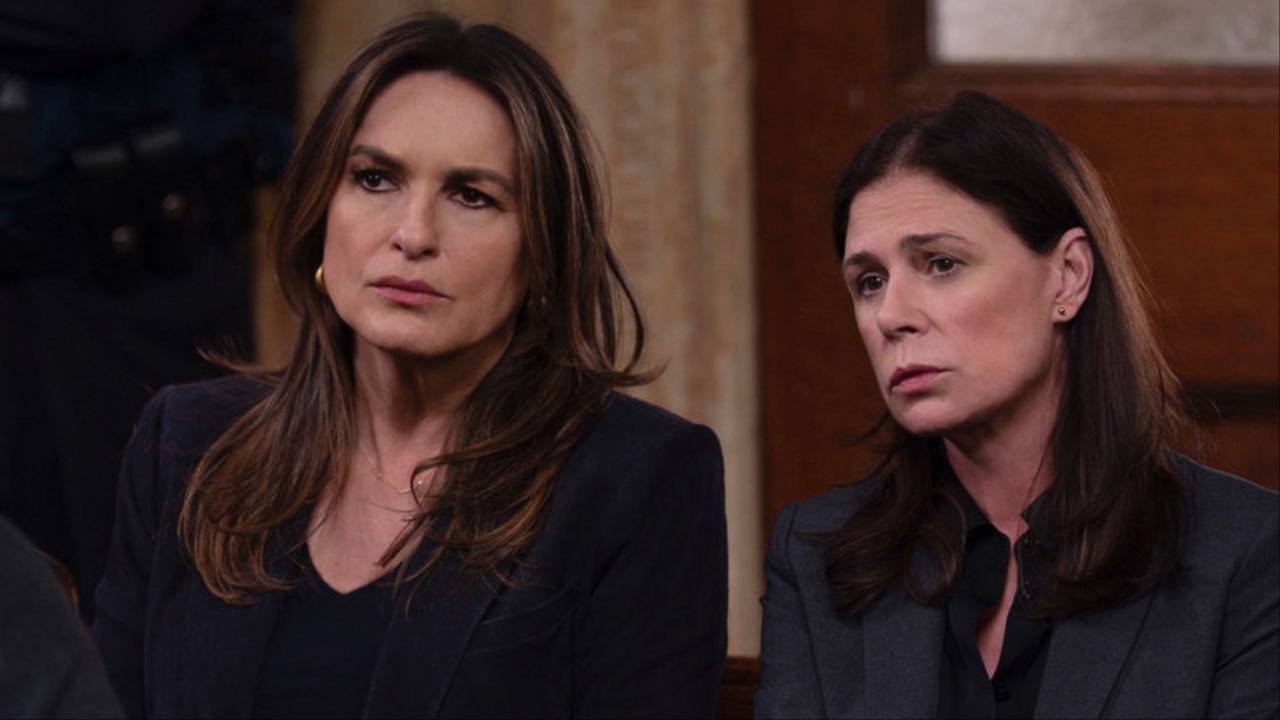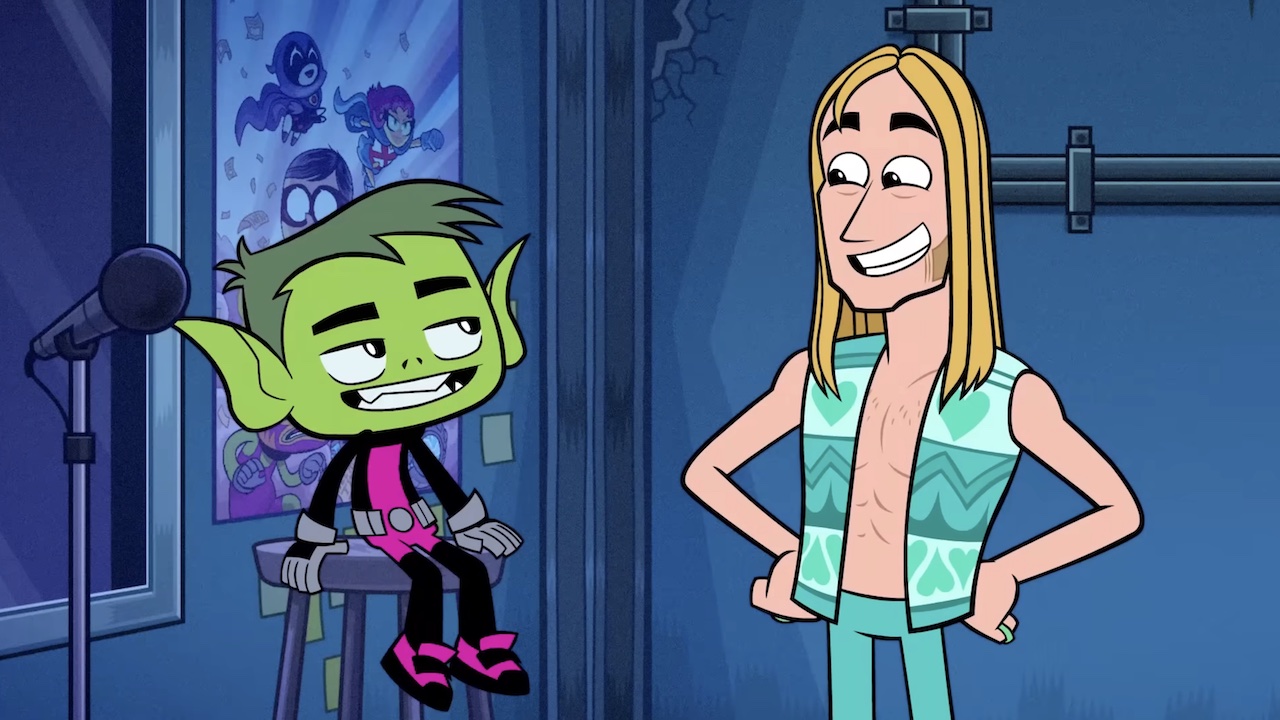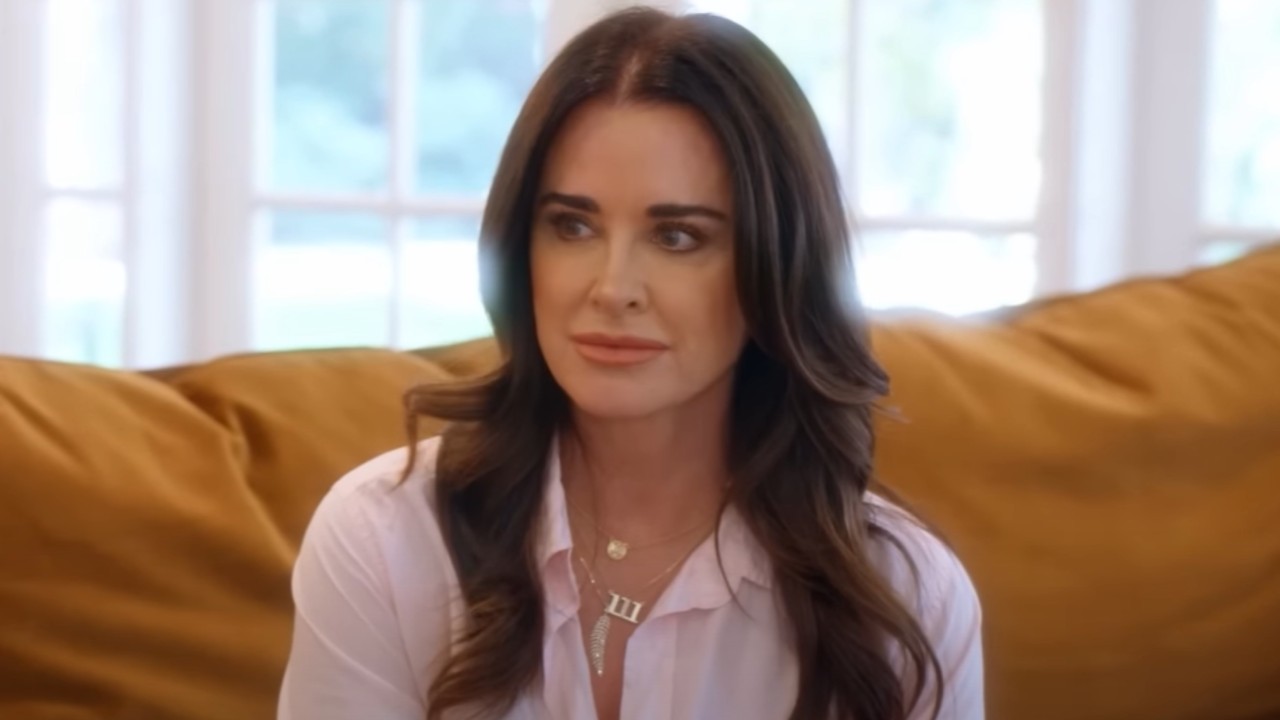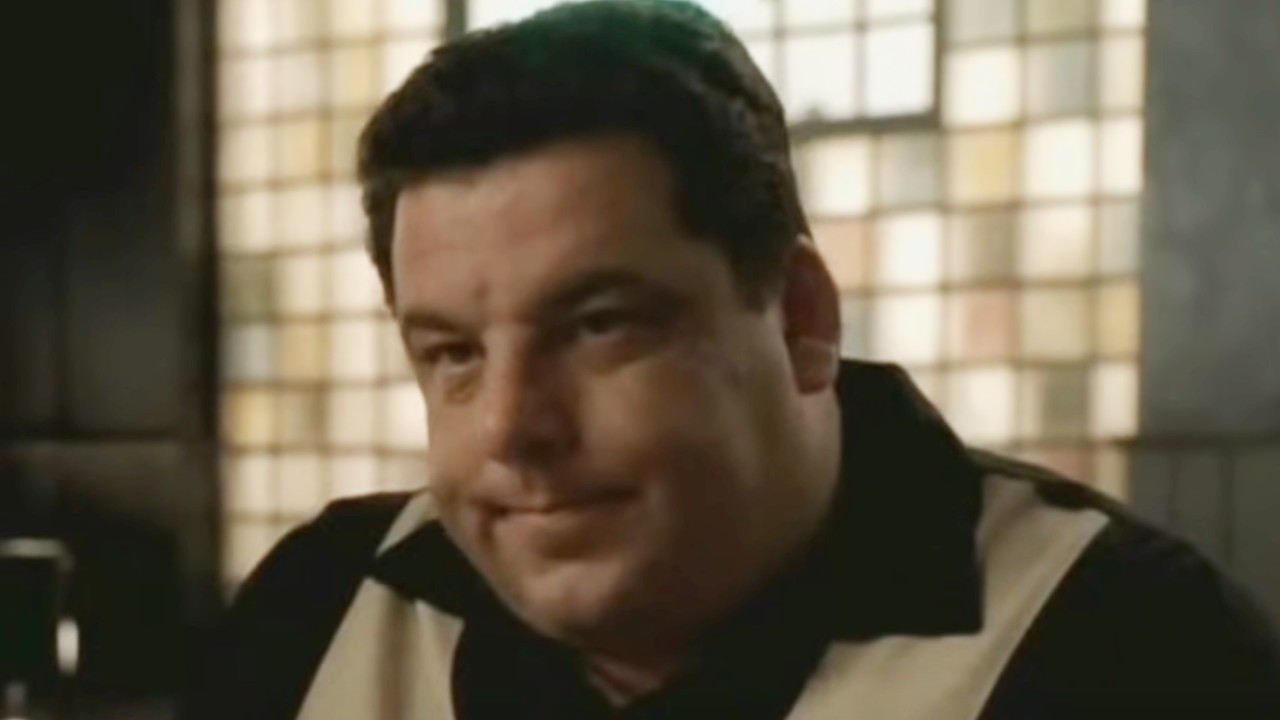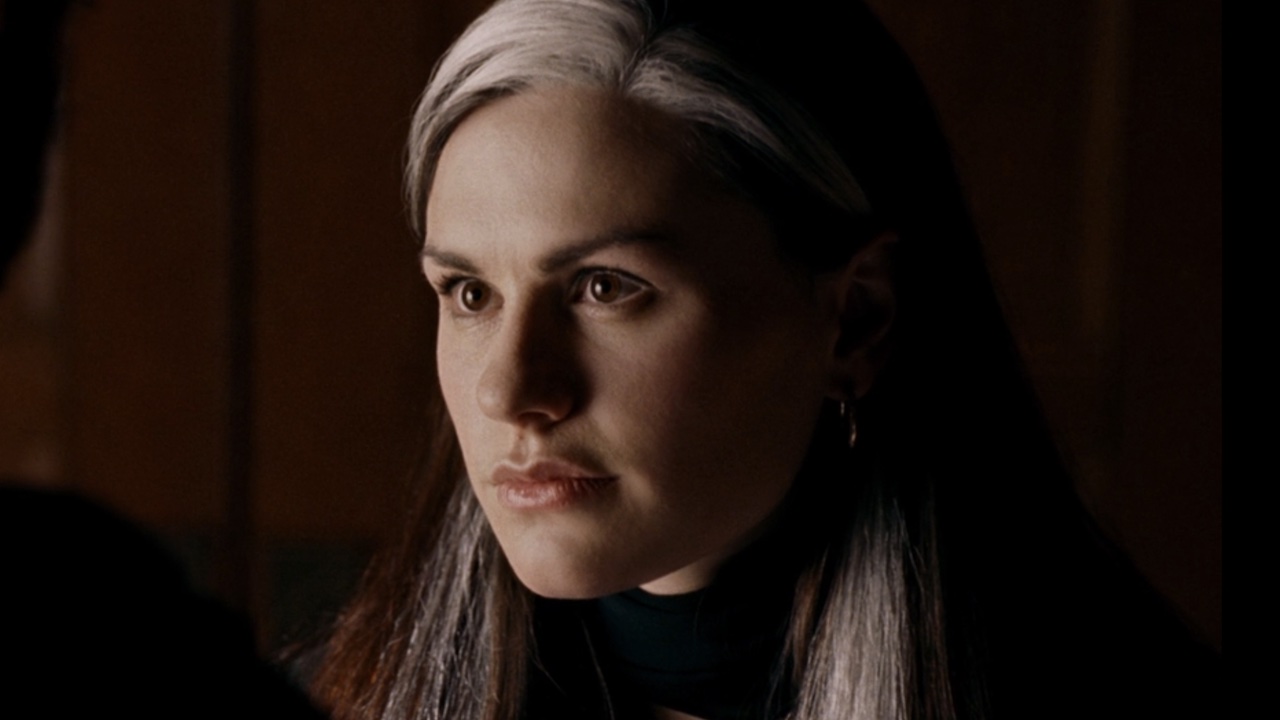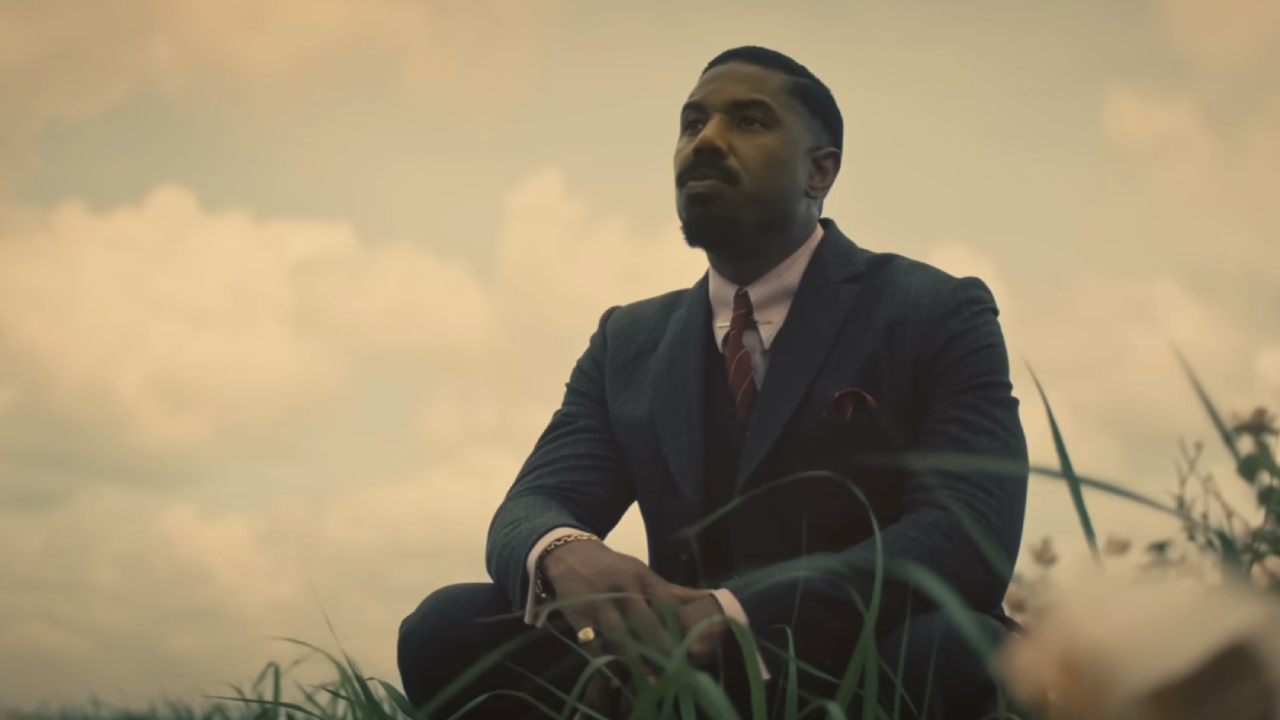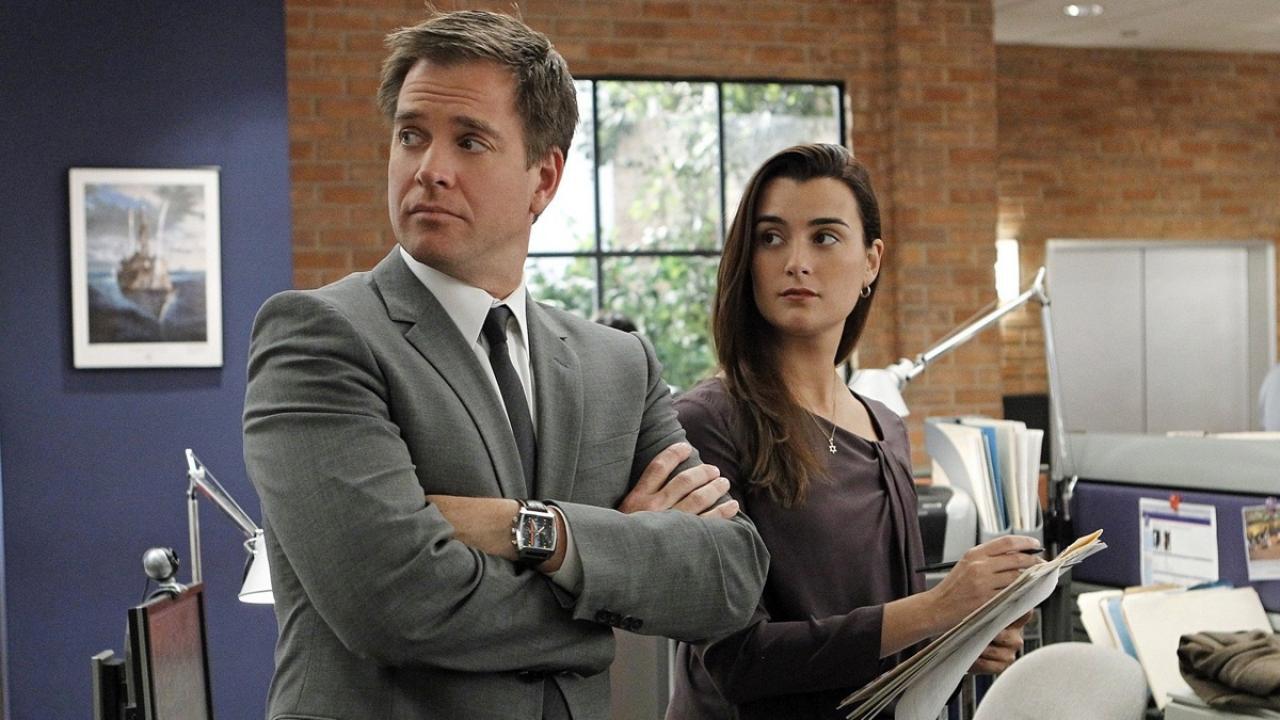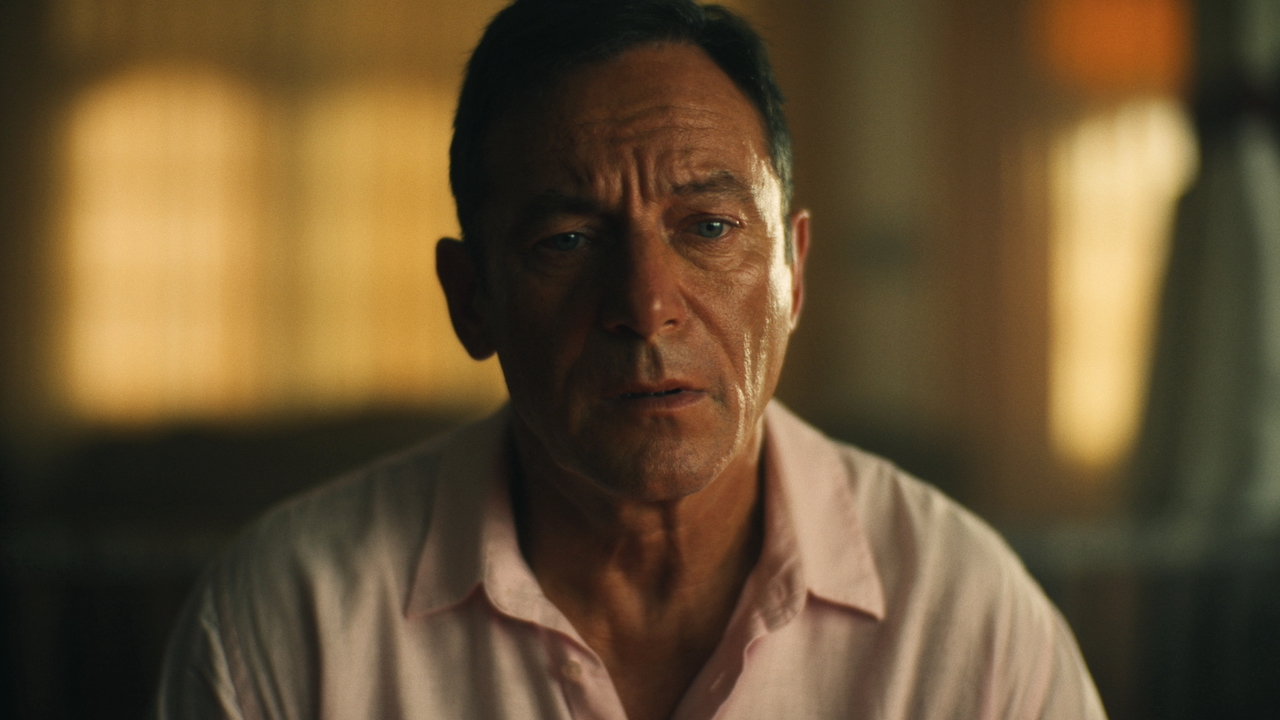Why You Should Be Nervous For Amazon's Lord Of The Rings Prequel
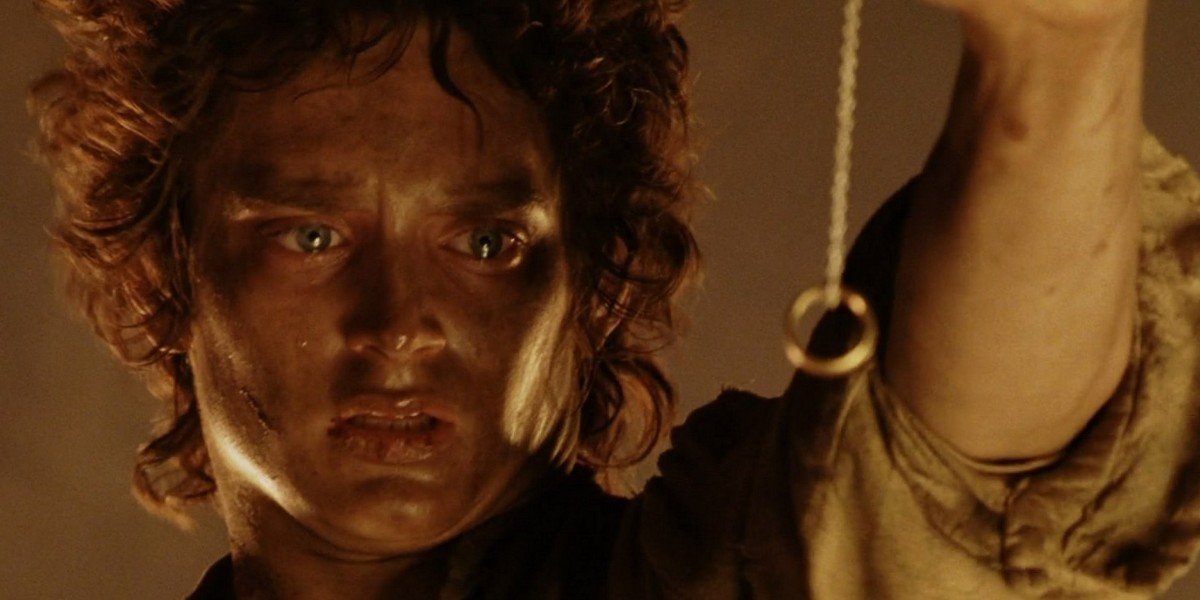
Amazon is taking a huge gamble with its original streaming content by going hard on the heavily-hyped fantasy prequel series to the fantasy epic The Lord of the Rings. The show will attempt to explore even more of J.R.R. Tolkien's classic saga than what audiences saw in both The Hobbit trilogy and the Peter Jackson's flagship Lord of the Rings films. It is going to be a massive undertaking, to say the very least, to bring this expansive and elaborate universe back to live-action once more.
While we've already detailed all the various reasons to be excited for Amazon's expensive take on J.R.R. Tolkien's most beloved work, I'll admit that for every element that makes me giddy, there's a reason why I'm equally nervous to see what becomes of this fantasy series. Success isn't guaranteed when adapting these cherished works for TV, and The Hobbit trilogy is arguably proof alone that even Peter Jackson couldn't get it totally right the second time around. Who's to say whether Amazon will be met with fortune or misfortune with this tale?
So even though we have already celebrated all the excitement warranted by a Lord of the Rings series if it's done well, I'm going to also take some time to be a worrywart by voicing fears for the worst when it comes to the possibility of Amazon's The Lord of the Rings not meeting up to lofty expectations.
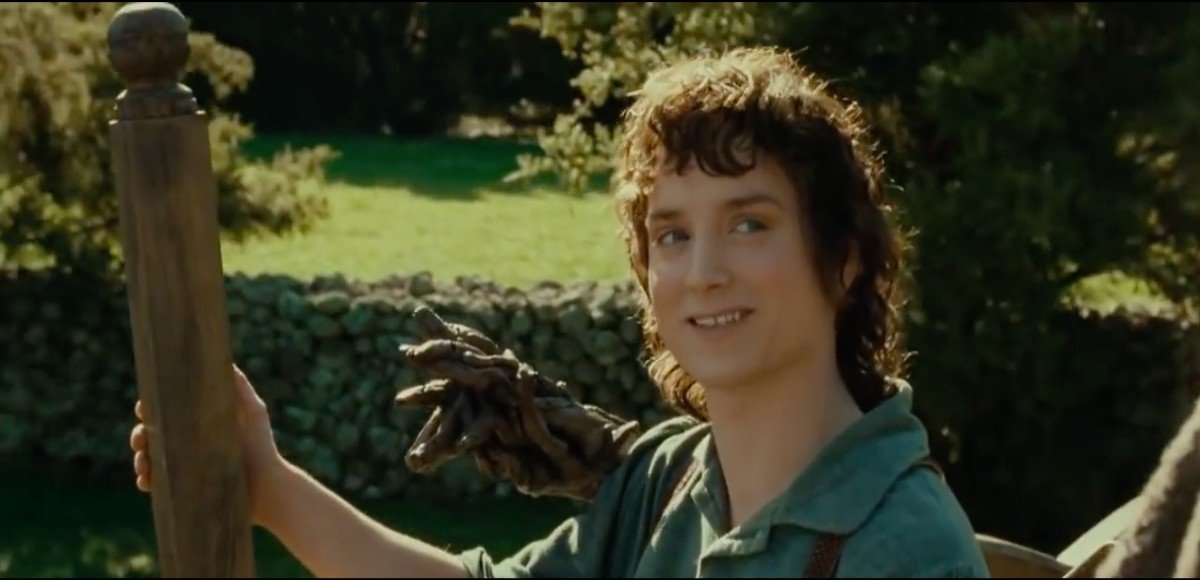
The Lord Of The Rings Films Are Satisfyingly Conclusive
With the announcement of Amazon's new reimagining of J.R.R. Tolkien's celebrated series, the obvious question arises, "What will this show do that wasn't already done in the original Lord of the Rings trilogy?" It's an understandable question. Unlike so many other fantasy novel adaptations, Peter Jackson's acclaimed series felt definitive and satisfyingly conclusive in a way that few others ever have — if any other screen adaptations ever have matched that level.
Some fans of the novel are worried that Amazon is going to stretch out the show well beyond its literary limits for a final product that feels overlong and overcooked, much like the Hobbit trilogy. Recent reports claim the first Lord of the Rings season will be a whopping 20 episodes, a number that can easily make someone hesitant and excited in the same instant.
So much time will be spent in this expanding universe, which might very well bloat the streaming series into something that isn't as contained and consistently captivating as what Peter Jackson offered up with his towering first trilogy. While the original Lord of the Rings trilogy is long (very long, in fact), it feels richly contained to its own story and telling audiences what they need to know, while still celebrating the artistry of its world and priding itself on being something that's narratively satisfying as well as artistically captivating.
Very few fantasy adaptations have captured the power and depth channeled in Peter Jackson's cherished trilogy of Lord of the Rings films, and it is clear that the filmmaker's work will weight heavily on the minds of showrunners JD Payne and Patrick McKay and more when crafting their new series. It's possible that they'll create a show that lives up to those Oscar-high standards to bring in the masses at large the way Jackson once did, but it's certainly going to be an uphill battle.
CINEMABLEND NEWSLETTER
Your Daily Blend of Entertainment News
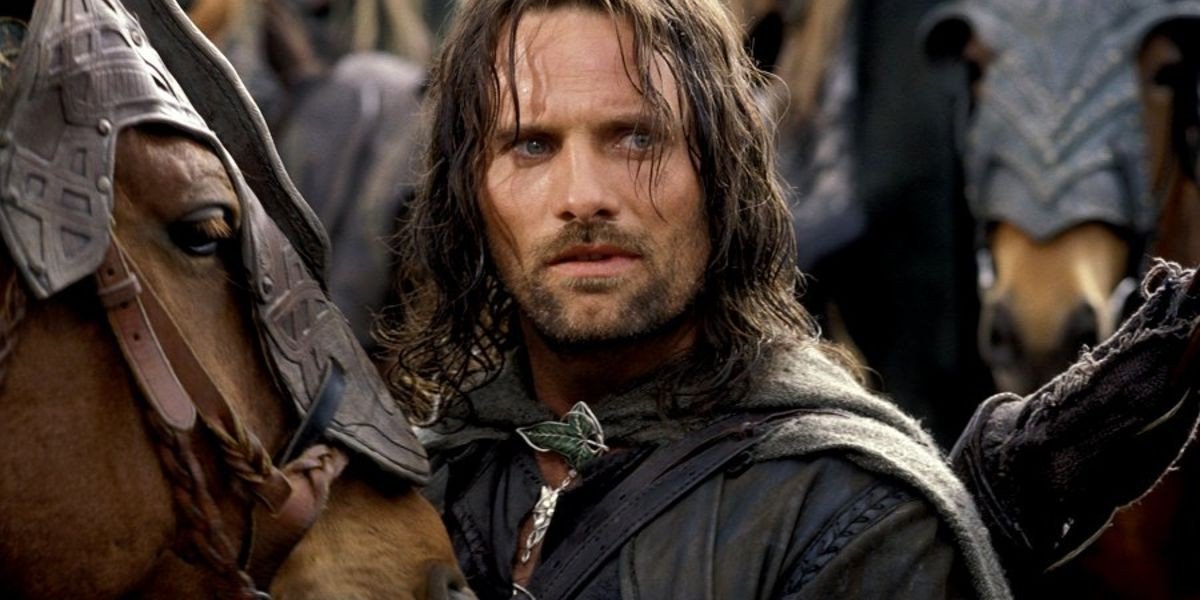
With So Much Source Material, It'll Be Difficult Focusing On One Central LOTR Plot
Another question fans likely have: If Amazon's The Lord of the Rings will be both a prequel and a quasi-reimagining, and if it's actually going to reportedly span over 3,000 years across this universe, could the showrunners overextend themselves in a different way? That's a hell of a lot of ground to cover for just one series, and it's hard to imagine anyone — no matter how driven or talented — can cover the whole length of this story in a coherent and continuously engaging way. That much material can be both a blessing and a curse for the creative team in development mode.
To be more specific, Amazon's The Lord of the Rings streaming series will to cover The Second Age and The Third Age. This means that the series will depicting the events leading up to the stories told in The Hobbit and the original The Lord of the Rings trilogy, which will require both a revolving cast of characters, along with a lot other changing factors, to really capture the full extent of this massive story. If things aren't well-communicated from the ground up, it could make for an extremely bumpy and incoherent show.
Hopefully, showrunners JD Payne and Patrick McKay know what they are doing and can really sell the full epic scope of this grand story. With any project that's this imposingly gigantic, there is always the understandable concern that some elements simply aren't going to work, potentially resulting in a prolonged, endless mess. Having such rich source material could either best or worst case scenario. If Amazon nails it with Lord of the Rings, it'll be a great triumph for all, but if it doesn't, that kind of monumental failure will be hard to backtrack from.
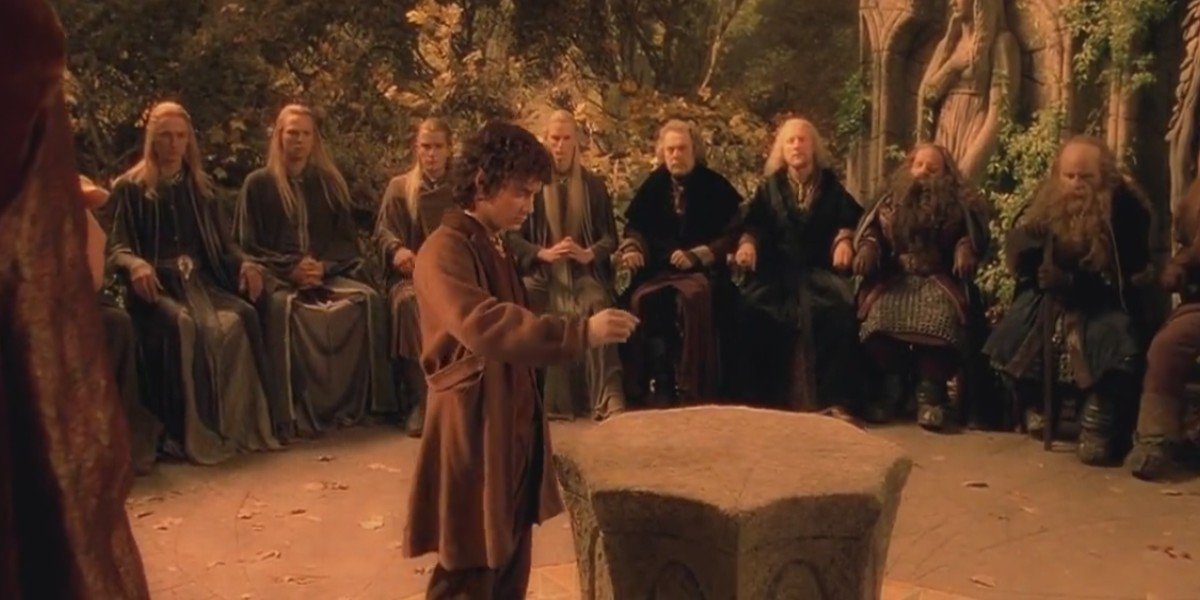
It's Extremely Expensive, And Its Failure Could Burn Amazon
Which brings us to this big matter that needs discussing: Lord of the Rings' reported budget. After all, everything comes down to money. If reports are true, Amazon's LOTR show will cost upwards of a billion dollars to make in these early stages of planning, and that is obviously nothing to sneeze at. Clearly, this huge amount of money will easily make LOTR one of the most expensive pieces of entertainment in history if it all comes together, making the show an enormous gamble for any studio.
A lot is riding on the line here, and if The Lord of the Rings flops, it could potentially sink Amazon's drive for original streaming content. Even for a company as huge as Amazon, spending a billion dollars on a TV show is still a billion dollars spent. If that money burns up in a pile of scarcely viewed ash, there will be some very heavy consequences outside of merely not earning a second or third season.
If the budget goes beyond what's expected, Lord of the Rings' failure could possibly put an entire entertainment division under, resulting in the great loss of what we know Amazon Prime to be today (and what the streaming service hopes to become in the next few years). That's probably rash to say, by all means, but there is no doubt that the company's execs are banking hard on this show's success. And if it doesn't, and falls apart along the way, there will be hell to pay.
Basically, if Amazon's Lord of the Rings leads to budget cuts for its film division, or possibly the death of The Marvelous Mrs. Maisel, not only are plenty of subscribers going to be very mad, but it will put a huge damper on whatever original content might have gone into development otherwise.
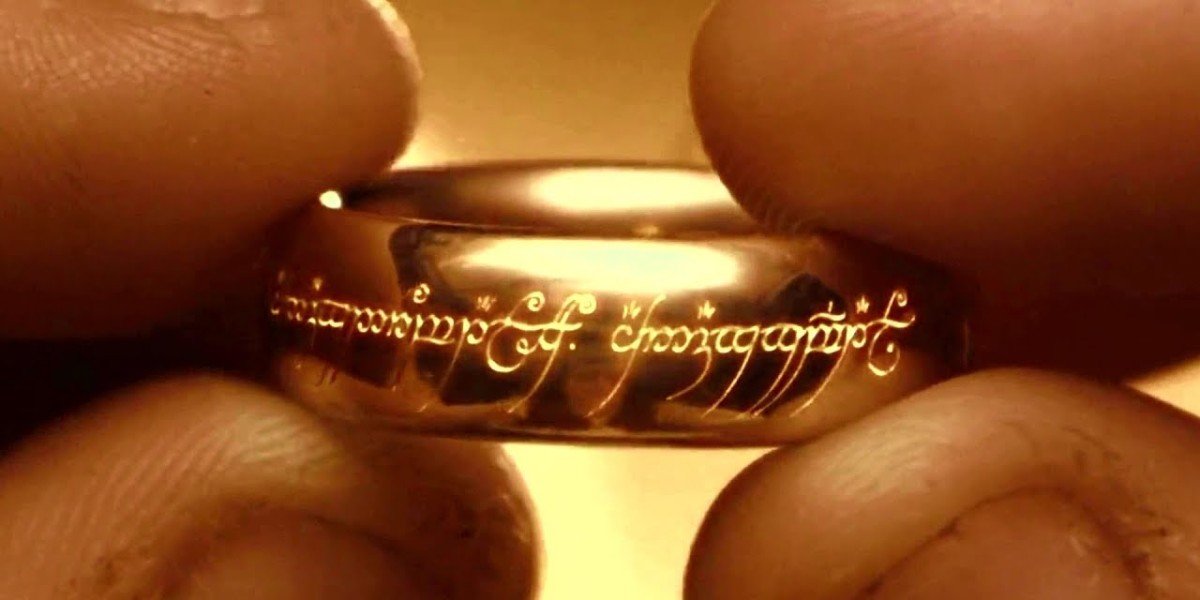
Lord Of The Rings' TV Showrunners Are Currently Unproven
J.D. Payne and Patrick McKay were recently announced to be leading the writing and showrunning duties for Amazon's Lord of the Rings. If you've not heard those names before, that's because they haven't really struck it big in Hollywood yet. That's not to say they're untalented; they're just a bit unproven, as far as the public is concerned, which means we don't really know what they can bring to the table with a project this size, or if they're capable of doing this material justice.
All we really know about them on the creative side is that they were in charge of some uncredited rewrites for Star Trek Beyond, as well as an earlier screenplay of the Flash Gordon remake. It's hard to know what their upsides and downsides are, or what they might hope to achieve with this project. And while that's exciting in some respects, it's also very, very concerning in many other respects.
Truth be told, it's surprising that Amazon put the trust of their (reportedly) billion-dollar project in the hands of these newer talents. Now, it should be made clear that, Peter Jackson also wasn't the biggest household name before he became the director of The Lord of the Rings trilogy. At least outside of those familiar with his low-to-mid-budget horror flicks, all of which are worth a watch, but aren't exactly the types of films that would guarantee that he could deliver such an epic trilogy of blockbusters.
It requires a gamble to make this work and there are never any guarantees in this business. But even still, to give two unknown talents the keys to such a very expensive car is very gutsy. Hopefully, JD Payne and Patrick McKay really knock it out of the park.
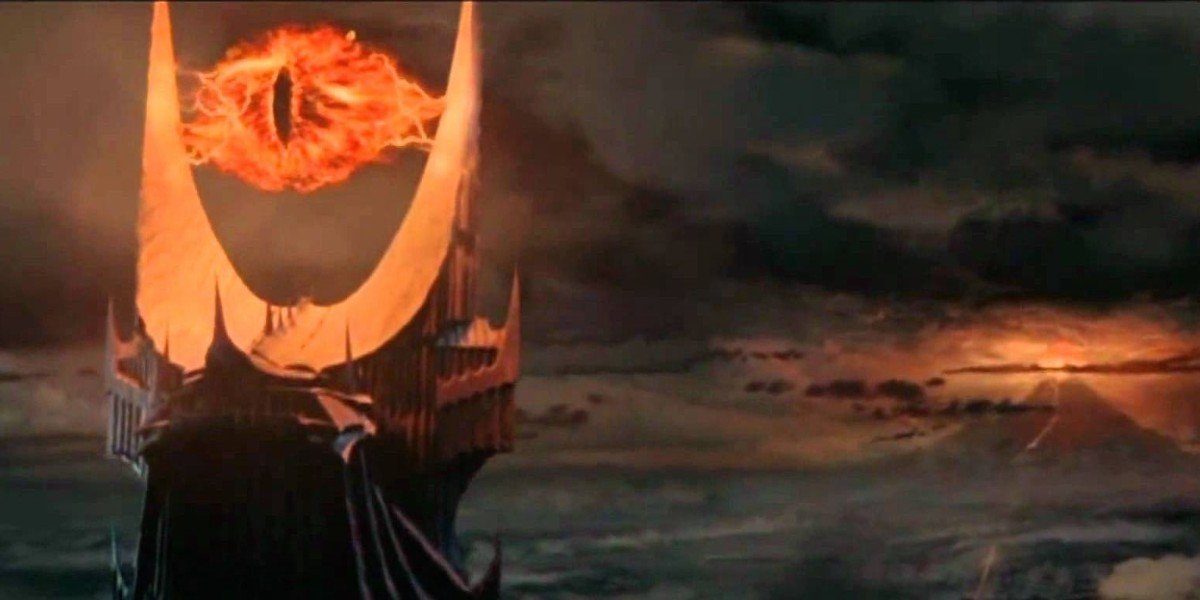
Having Multiple Directors Loses The Unifying Vision Peter Jackson Delivered
One of the main reasons why the original Lord of the Rings trilogy became such a smashing success is because it was driven by the unified vision of its exemplary director, Peter Jackson. The talented, passionate and visually motivated filmmaker put everything he had into those movies, and it took a lot of work and drive to make blockbusters that still stand tall years later.
Ultimately, through that singular vision and the enormous creativity and inspiration he provided through his vision for this trilogy, the original Lord of the Rings films became a project guided by a wealth of invigoration, skill, determination and eagerness to succeed. While we should expect a lot of passion, creativity and inspiration to be fueling this new Amazon series, we also know that director J.A. Bayona is only helming the first two episodes, and then the directing duties will be passed off to any number of other directors hired on beyond then.
That's not to say that any directors hired on will be untalented or undeserving. We're pretty certain that, much like Lord of the Rings' accomplished writers room, a wide number of talented visionaries will be brought on to tackle other episodes. But one thing is almost certain: the first season and beyond won't have the same unified vision of the original trilogy. That might not mean much to some, but it's clear that the vision brought to Peter Jackson's original three films was critical to their overall success.
While Amazon's Lord of the Rings can possibly succeed without that singular vision, it will be hard to match what Jackson did through his great eye and his wondrous imagination. Of course, the movies weren't made solely by Jackson by any stretch, and there were any number of talented creatives who brought it to life under his guidance. Still, the lack of one central director guiding the visuals might make the show come off as a little less visionary than its big screen counterpart.
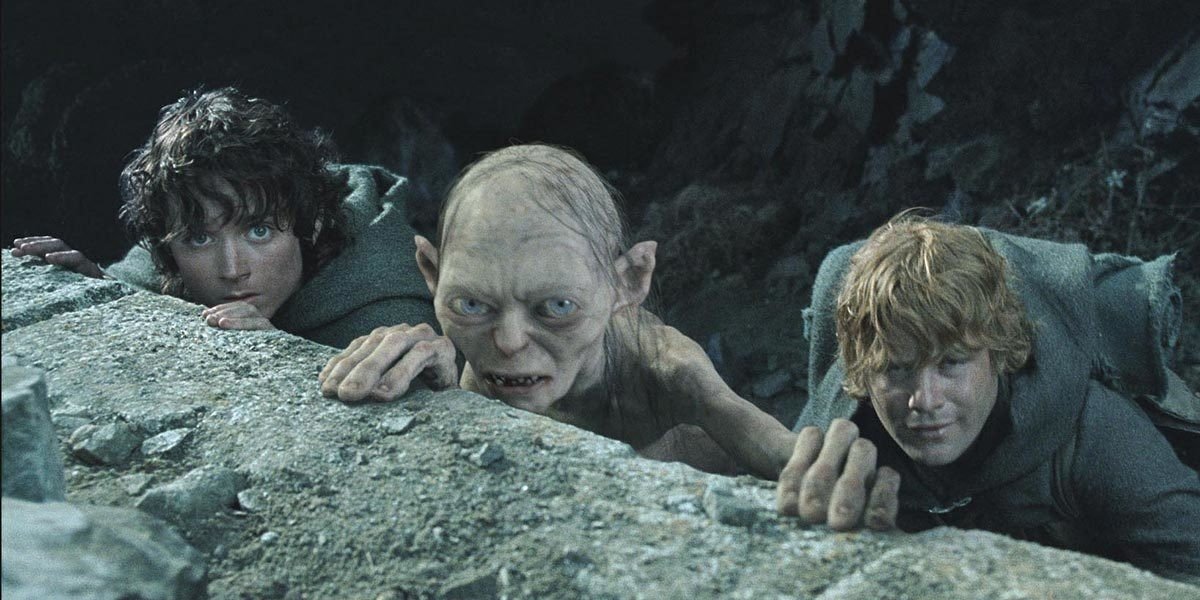
Unlike The Original Trilogy, There's No Guarantee An Entire LOTR Story Will Be Told
The expectation for Amazon's The Lord of the Rings is for an even more fully realized tale from J.R.R. Tolkien's inspiring saga to be told. It is a big and bold project spanning several thousand years, and will hopefully strive to bring something even more expansive and sensational than what Peter Jackson's masterful trilogy delivered. (Or any other fantasy projects, for that matter.) But unlike those three films, which were made concurrently, there's no guarantee that a fully realized story will be told here.
So far as we can gather, the show has only been granted one (very long) season, but that doesn't mean a second is definitely in the cards. Therefore, if this whole enterprise falls apart after one huge flop of a first season, fans will only get one part of this prequel narrative realized, and all the renewed interest of fans and casual viewers alike will turn to rage if the story is cut short before making its way onto the screen in its entirety.
Sight unseen, Lord of the Rings still deserves a large and planned number of seasons like Game of Thrones, and it would have to be at least that big (though hopefully bigger) to feel like a justifiable expense for the suits over at Amazon. Hopefully nothing stops the show from being stopped prematurely, or else all the ambitions, dreams and promises set into this big story will ultimately be laid to waste.
Nobody wants that to happen, but there's no certain ending to this series just yet, either its plot or its production process. If the first season doesn't take off in a major way, how do we know that a second or third season will come? Will Amazon pull the plug if the effort isn't seen as worthwhile after only one season? If there are indeed 20 episodes currently in the works, that's a lot of time to invest in a show that might end shortly thereafter.
It's ultimately a huge gamble to make a show this big and hope that people come out of the woodwork to watch it. But if it all comes to an untimely end, then we'll be left with a mere fraction of the story to tell here. Maybe that's just me being pessimistic, and maybe needlessly so.
There are a lot of expectations in place for Amazon's The Lord of the Rings. And there are many reasons why we are excited (and why we should be excited too) to see this epic tale to be told in an even more epic fashion for this upcoming streaming series. It's still safe to have concerns, and I'm not afraid to admit that this show could easily turn into a disaster. Whether it's a big triumph or a monumental error – there will likely be no middle ground for this Middle Earth show – CinemaBlend will continue to keep you posted on this project.
Will is an entertainment writer based in Pittsburgh, PA. His writing can also be found in The Playlist, Cut Print Film, We Got This Covered, The Young Folks, Slate and other outlets. He also co-hosts the weekly film/TV podcast Cinemaholics with Jon Negroni and he likes to think he's a professional Garfield enthusiast.

